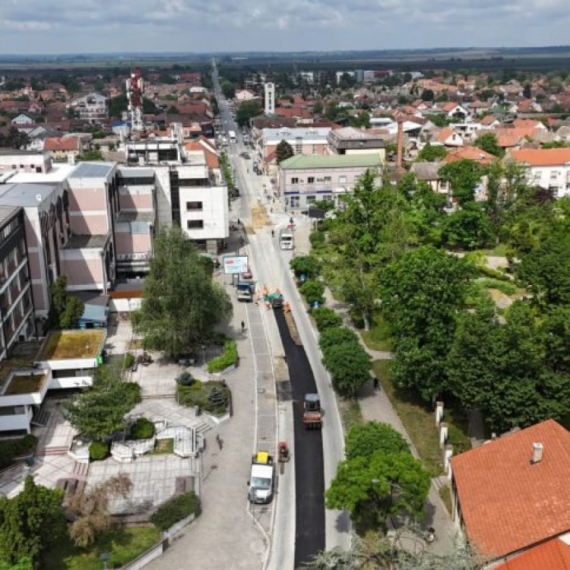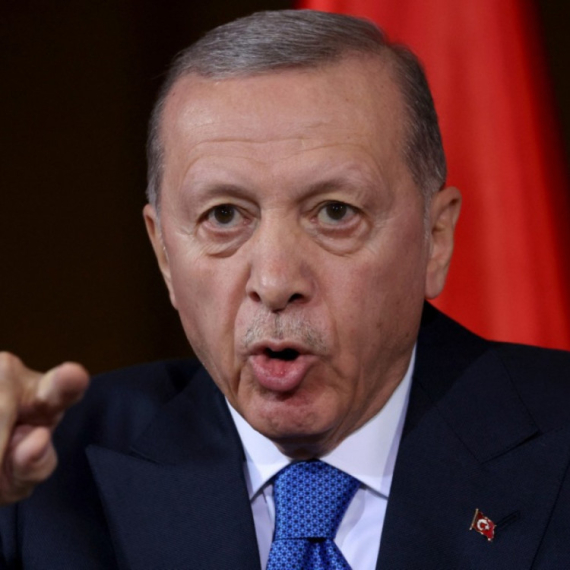EC: Restitution, privatizations problems
The 2010 EC report on Serbia's EU integration progress singled out restitution, public procurements and cancelled privatization as the greatest economic issues.
Saturday, 20.11.2010.
13:34

The 2010 EC report on Serbia's EU integration progress singled out restitution, public procurements and cancelled privatization as the greatest economic issues. But it also commended Serbia for the protection of macroeconomic stability during the global recession, it was pointed out at the round table conference in Belgrade. EC: Restitution, privatizations problems At the meeting which focused on the 2010 EC Report, economists assessed that the report's economic part was objectively written, and that the condition of Serbian economy is actually worse in reality. Belgrade Faculty of Economy Professor Jurij Bajec pointed out that the EU accession of a country makes no sense unless the country had a functional market economy and was able to face the powerful EU economies. He underscored that, according to the report, Serbia managed to protect its macroeconomic stability in 2009 and to make some progress in 2010, although this was not yet apparent in the standard of living. Bajec noted that the stand-by arrangement with the International Monetary Fund (IMF) played a great role when it came to facing the crisis, and it turned out that the countries with no similar support had made a huge mistake. As one of the great Serbian weaknesses the professor singled out its bad competitiveness, adding that the state should find strength to abandon its day-to-day economic policy and to go deeper into the structural reforms.
EC: Restitution, privatizations problems
At the meeting which focused on the 2010 EC Report, economists assessed that the report's economic part was objectively written, and that the condition of Serbian economy is actually worse in reality.Belgrade Faculty of Economy Professor Jurij Bajec pointed out that the EU accession of a country makes no sense unless the country had a functional market economy and was able to face the powerful EU economies.
He underscored that, according to the report, Serbia managed to protect its macroeconomic stability in 2009 and to make some progress in 2010, although this was not yet apparent in the standard of living.
Bajec noted that the stand-by arrangement with the International Monetary Fund (IMF) played a great role when it came to facing the crisis, and it turned out that the countries with no similar support had made a huge mistake.
As one of the great Serbian weaknesses the professor singled out its bad competitiveness, adding that the state should find strength to abandon its day-to-day economic policy and to go deeper into the structural reforms.



























































Komentari 0